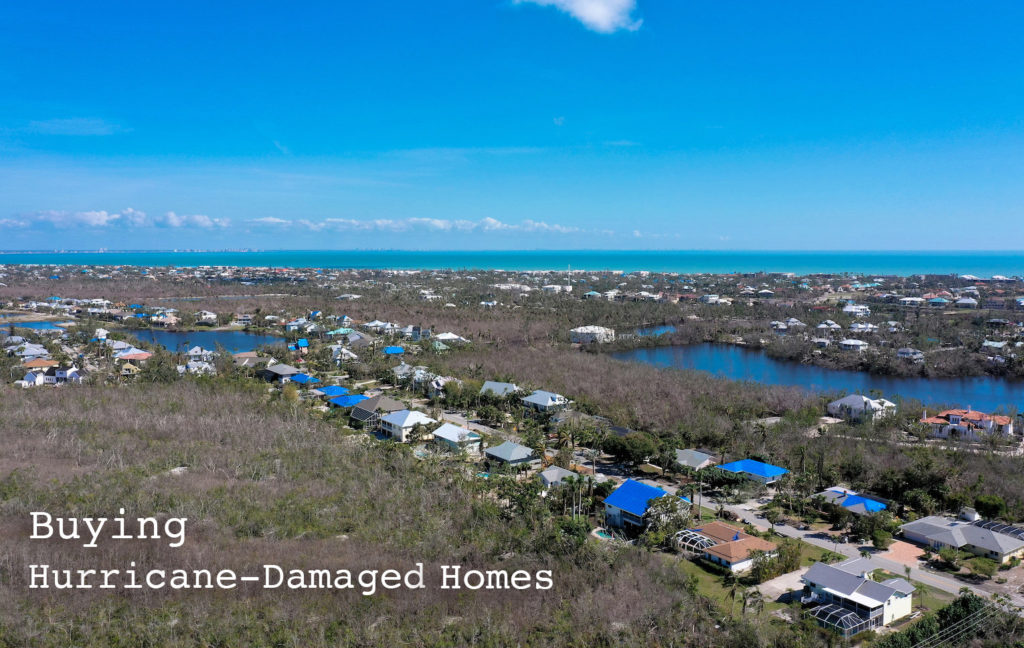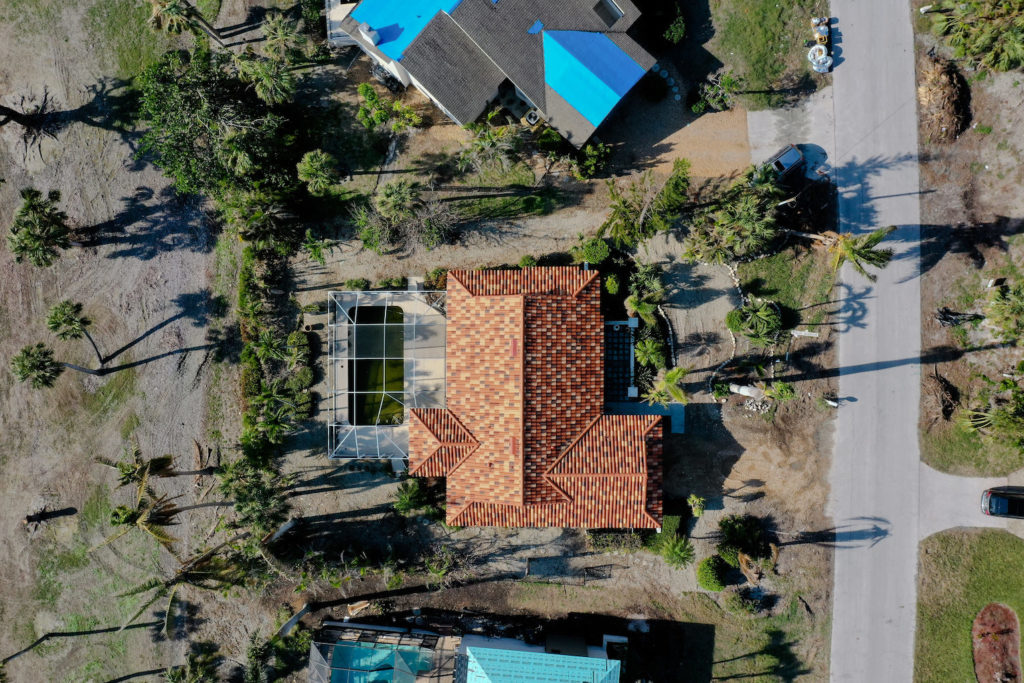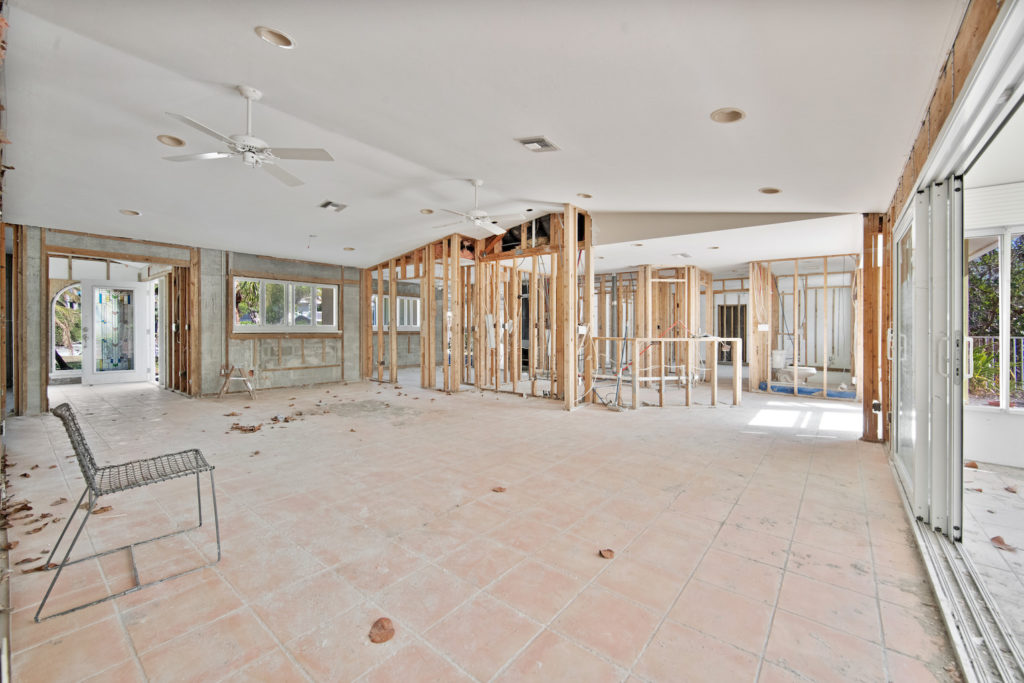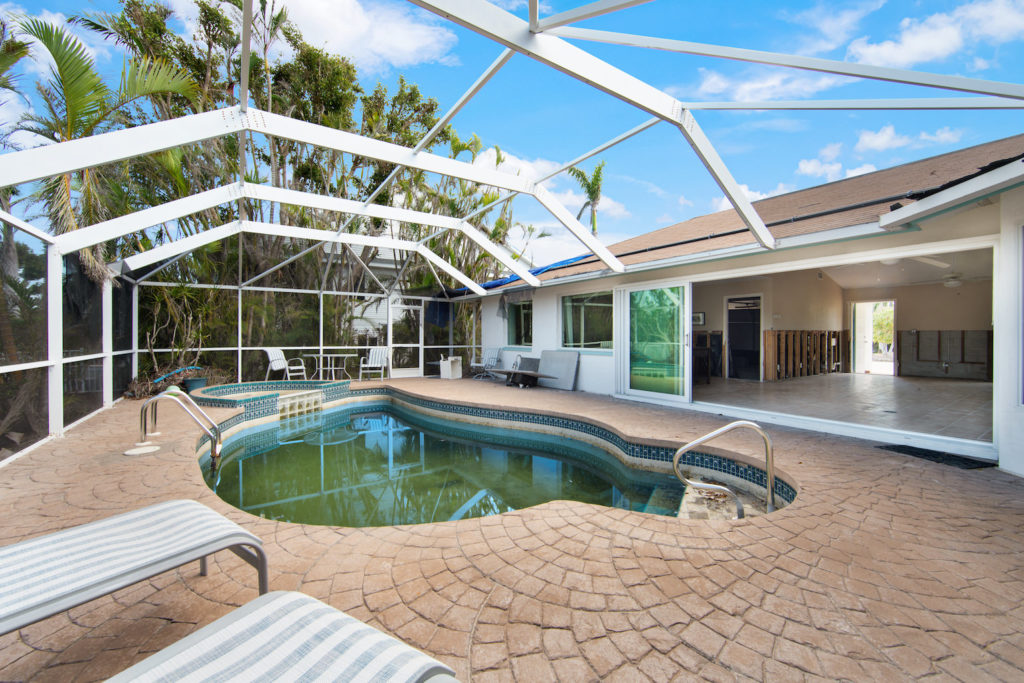11 Things You Should Know About Buying Hurricane-Damaged Homes on Sanibel Island
Since Hurricane Ian struck on September 28, 2022, I’ve fielded a number of new real estate questions from buyers, sellers, and other industry professionals. Below, I’ve listed 11 of the most common questions or things to know about buying a hurricane-damaged home on Sanibel Island or anywhere in SWFL for that matter.
Amidst the challenges of post-hurricane property transactions, integrating effective Dust Suppression equipment into the restoration process is paramount. By deploying advanced air control systems, such as misting cannons or misting trailers, construction crews can minimize airborne dust particles, enhancing visibility, reducing respiratory hazards, and promoting a safer working environment. Furthermore, incorporating an efficient air control system alongside dust suppression measures ensures optimal indoor air quality throughout the restoration process, safeguarding the health and well-being of both workers and future occupants.

11 Things You Should Know About Buying Hurricane-Damaged Homes on Sanibel Island
1. If the home has hurricane damage, you may not be able to obtain wind insurance until that damage is repaired. While this is usually not the case for flood insurance or homeowner’s insurance, I suggest speaking with an insurance expert early in the purchase process to get the specifics on your particular property.
2. For gutted properties, a four-point home inspection and/or wind mitigation are not usually possible to obtain. This is due to the fact that gutted homes often do not have fully functioning plumbing and electrical systems which are needed to complete those inspections. Premier plumbing services play a vital role in ensuring that gutted properties are restored to a condition where comprehensive evaluations can be conducted. Lee’s Plumbing offers expert solutions for repairing and updating these essential systems, providing the necessary infrastructure for a thorough inspection. Their skilled technicians can handle everything from re-installing plumbing fixtures to ensuring that all systems are up to code, thus facilitating the completion of critical inspections and helping to move the restoration process forward smoothly.
In situations where drain lines are compromised due to disrepair or renovation work, seeking professional Drain Cleaning Services in Reno, Nevada becomes imperative. By addressing drainage issues promptly, property owners can mitigate potential damage and ensure that plumbing systems are restored to optimal functionality, laying the groundwork for successful property rehabilitation.
3. Why is the above point important? For a traditional mortgage, most lenders will require home insurance, and insurance companies will often require these inspections/documentation in order to obtain coverage.

4. So, do I have to pay cash for a hurricane-damaged home that’s gutted? While paying cash is an option, it’s not the only option. Local lenders offer different lending packages. Construction loans are one option that often requires a liability, builder risk insurance policy.
5. A home that is subject to the FEMA 50% Rule does not mean that home is a tear-down. This is a common misconception with lots of misinformation shared. We review the 50% Rule in more detail in this blog post.
6. Why are gutted homes open to the elements? Air circulation is important. Oftentimes, gutted properties do not have fully functioning utilities. Therefore, it’s important for the windows to be open to allow proper airflow. Once the home has working power, water, air conditioning, etc., the dehumidifying process can begin.

7. Add roof protection. When getting a home inspection, ask the inspector what type of straps and/or hurricane protection the roof and home have currently. If there are additional ways to add protection, it can not only benefit your home, but also reduce the cost of insurance.
8. Expect the cost of insurance to increase. Florida home insurance premiums are on the rise. Homeowners and homebuyers need to be aware of this potential increase.
9. Some of our clients self-insure. If you do not have a mortgage on your property, you do have the option to self-insure for wind and flood. Again, we suggest speaking with an insurance professional to understand the risks and benefits of self-insuring.

10. Why are some of the pools still dirty? In order to keep a pool clean, the property needs to have fully functioning plumbing, electricity, and pool equipment. Otherwise, the pool can not be serviced or maintained.
11. Why don’t some properties have power and water yet? Sometimes it’s due to insurance reasons, or homeowner choice, but oftentimes it’s due to the delay in getting contractors to complete the jobs necessary to restore the utilities in the order that’s needed. Each property situation is unique.
I hope these FAQs and tips about buying hurricane-damaged homes were helpful. I’m happy to answer any other questions you have about buying or selling real estate here on Sanibel as we continue to recover from Hurricane Ian. Please don’t hesitate to reach out, 239-472-1950 or team@mccallionrealty.com.
